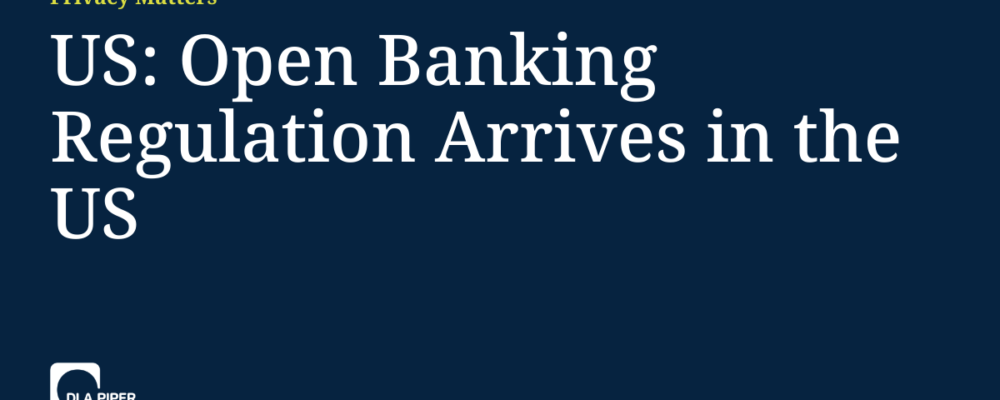More than half a year since the public launch of ChatGPT in late 2022, AI and generative AI remains a hot topic all around the globe. Companies and businesses of all sizes and from all regions are still looking for ways AI can help them deliver better products and services, but many are facing the same question – what are my regulatory compliance obligations?
The answer at this stage really is to an extent still a question mark, as nations continue to grapple in finding the right balance between regulating AI and protecting the rights of individuals and encouraging and not impeding AI innovation.
While several countries in APAC have up to this point taken a more wait-and-see approach, given the speed of AI innovation and rising demands from consumers and businesses alike, more jurisdictions in the region are being forced to take a more proactive approach to address AI innovation and regulation or risk being left behind.
So, what is the current state of play of AI in Asia?
PRC
China is currently leading the region in terms of AI innovation and regulation. The government has this week just passed regulatory measures to regulate “generative AI” services, given the rise of ChatGPT alternatives in China. Further, specific measures were previously introduced to regulate “recommendation algorithms” and “deep synthesis” AI services. That said, it remains to be seen whether China will continue this piecemeal / incremental approach in regulating different subcategories of AI moving forward, or transition to an omnibus approach regulating all types of AI akin to the draft EU AI Act (which is a similar approach we have seen China take in regulating personal data for example).
Hong Kong
Hong Kong government recently announced that Digital Economy is a key focus area of growth, and that there are plans to promote the AI industry in Hong Kong, including setting up an AI supercomputing centre, to attract top talents and technology enterprises. While Hong Kong does not yet have AI-specific legislation (apart from voluntary ethical AI codes), it is anticipated that a pro-innovation policy will continue to be adopted within the city to attract talent and investment.
Singapore
Singapore aims to be a global leader in AI by 2030, and the government has taken various AI initiatives with the most recent being the establishment of an AI Government Cloud Cluster for Singapore’s public sector, and the launch of AI Verify which is an AI governance testing framework and toolkit. Like most of Asia, Singapore does not yet have an AI-specific legislation and guidance is currently provided through voluntary model AI governance frameworks and self-assessment guidance.
Malaysia
Aiming to leverage AI technologies to become a high-tech nation by 2030, Malaysia has already taken initiatives at federal and state level to promote AI innovation and adoption. For instance, certain Malaysian states have begun testing AI systems for court sentencing. There is not yet an AI-specific legislation in Malaysia. However, the government plans to begin policy development and in-depth review of existing laws to promote and regulate AI in 2023 and 2024, so this will be a space to watch out for.
South Korea
After the US and China, South Korea aims to be one of the world’s top three AI powerhouses by 2027. With significant investment in AI chip research and development, South Korea is seeking to leverage on its dominance in the memory chips field to maintain its edge in the AI race. The nation is also in the final stages of passing its first omnibus AI regulations. In the meantime, the government has published various guidelines to establish ethical standards for the development and use of trustworthy AI systems.
Japan
Japan has recently signaled its intention to develop an approach for AI which will likely adopt a more lenient and pro-innovation approach compared to the EU. Despite the absence of overarching AI-specific legislation, the Japanese government has established social principles along with guidelines on using AI in Japan. The Japanese government is also setting a precedent by reaffirming that copyright does not apply to training data used for AI systems training. It would be interesting to see whether other major economies will adopt the same approach to keep ahead of the AI competition.
Thailand
Thai authorities are putting forward initiatives to promote AI workforce development and to establish a central platform for AI services in Thailand to further the country’s national AI plan. While there is currently no overarching AI-specific legislation in Thailand, a draft Royal Decree, which adopts a risk-based approach to regulate AI, was introduced late last year for public comment. The Thai government has also approved guidelines which provide guidance for AI researchers, designers, developers, and service providers in relation to AI use and their rights and risks associated with the same.
So, what comes next?
Asia’s economic growth is widely forecasted to continue to outpace the rest of the world for this year and the next, driven in large parts by emerging technologies, including AI. Given the strength and pace of advancement, it will be interesting to see how laws will be shaped to encourage AI innovation and investment balanced against the region’s rules around content control, data privacy and IP rights.
For now, while not every country in Asia has taken legislative steps in regulating AI, there are at least national strategies and ethical guidelines and frameworks in place to guide the industry on AI implementation while governments figure out the right approach to take.
However, one of the main challenges businesses in the APAC region may face is the lack of a unified approach. Asia is constituted of many independent countries each having its own unique value, culture and importantly, national objectives which may lead governments to take approaches on AI. As a result, businesses may face difficulties in navigating and complying with competing sets of regulatory frameworks in the region.
In the meantime, those that are already using or planning to implement AI within their operations in Asia should monitor developments in the area closely. To find out more on AI and AI laws and regulations, visit DLA Piper’s Focus on Artificial Intelligence page and Technology’s Legal Edge blog.
DLA Piper
Please visit the firm link to site






